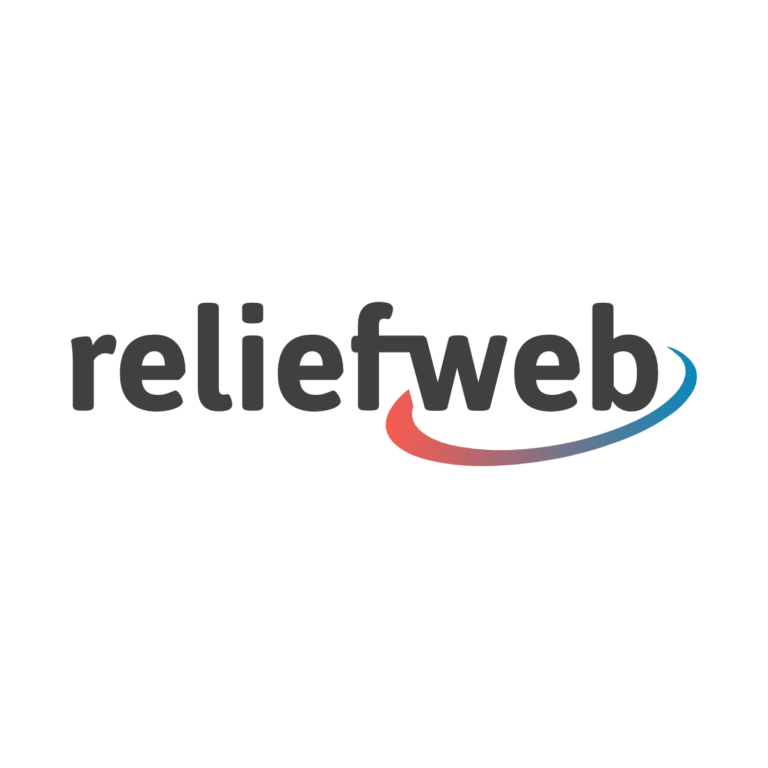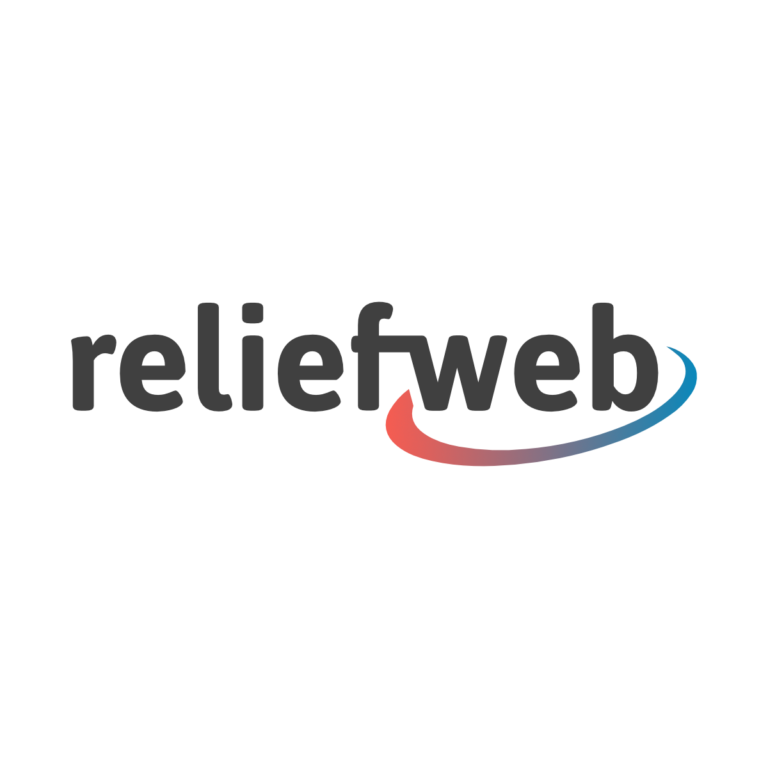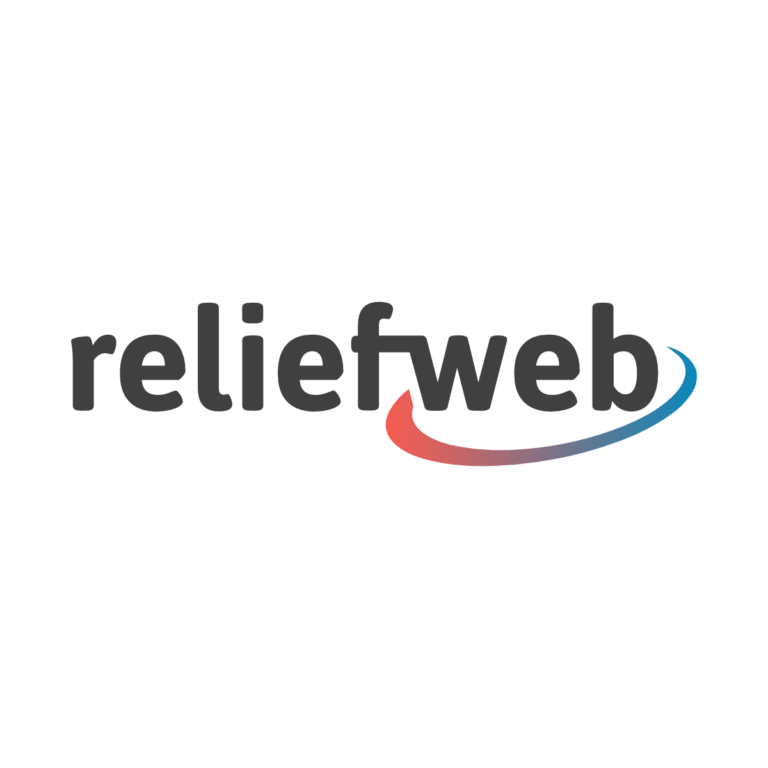The International Rescue Committee is a global network with its headquarters in New York. The IRC is on the ground in more than 40 countries, providing emergency relief, relocating refugees and rebuilding lives in the wake of disaster.
The IRC is committed to a culture of bold leadership, innovation in all aspects of our work, creative partnerships and, most crucially, accountability to those we serve. The IRC is a tireless advocate for the most vulnerable.
The Awards Management Unit (AMU)
Established in January 2016, the Awards Management Unit (AMU) is a global department with the responsibility for identifying, securing, and managing all funding from statutory/government donors. The department is includes the following teams: Program and Award Support, Strategic Partnerships, Compliance and Policy, Business Development, and Training.
The AMU is a bridge between donors and country programs: providing expert technical advice to the country teams, while maintaining portfolio-level visibility to ensure consistency and compliance, and manage risk. This unit ensures that donor compliance policies and procedures are implemented consistently, and supports all staff working across the award management cycle for all restricted funding from global government sources.
The Crisis Response, Recovery and Development (CRRD) Department
The Crisis Response, Recovery and Development (CRRD) Department has a growing portfolio of humanitarian relief, post-crisis recovery, and development programs under their remit. This work focuses support in five key areas: ensuring safety from harm, improving health, increasing access to education, improving economic well-being and ensuring people have the power to influence decisions that affect their lives. In all these programs, there is a drive to address the unique needs of women and girls (who represent the majority of those displaced) – and the universal barriers they face.
The CRRD works across 6 regions globally, including West Africa, East Africa, Great Lakes, Middle East and North Africa, Asia, and Latin America. The regional teams are the links between country offices and key HQ departments, and aim to support and provide advice to country programs with a range of issues from strategic planning, business development to compliance, awards management and partnerships management.
The Purpose of the Role
The Program Development Advisor (PDA) supports West Africa country programs in securing funding for their programmes, through supporting and leading pursuit of new funding opportunities, in line with IRC’s Business Development Strategy. Support includes all phases of the business development process, from opportunity identification to contract signature, including pre-positioning, partnerships building, proposal development, and due diligence phases.
The PDA supports business development in the IRC’s West Africa region, which comprises country programs in Burkina Faso, Cameroon, Chad, Cote d’Ivoire, Liberia, Mali, Niger, Nigeria and Sierra Leone.
Key Working Relationships
Reports to the Senior Program Development Advisor, West Africa. Works closely with team members of Regional Program and Award Support, Business Development, and across all teams within Awards Management Unit, Crisis Response Recovery and Development Department, Finance, and other key departments within IRC. Donor and partner point of contact as applicable per region.
Key accountabilities
• Help drive business development in the region by providing effective proposal support, ranging from proposal management to comprehensive support and quality assurance.
• Support in building IRC’s visibility with donors, peers, and partners.
• Coordinate proposal development, including sharing initial assessment of new opportunities, preparing timelines, ensuring the proposal team adheres to deadlines, supporting recruitment, assisting in budget development, ensuring document completion, organizing meetings and compiling notes, and drafting and proofreading proposal sections.
• Support country programs in increasing local ownership of projects in alignment with IRC’s partnership strategy, through growing IRC’s collaboration with and support to local organisations in West Africa countries.
• Collaborate with technical units, country offices, and other colleagues to support conceptualization of winning programme and bid designs for new project activities and/or amendments to current projects.
• Coordinate and communicate with consortium partners with consortium partners. Compile inputs from proposal team members, including consultants and partners. Identify partners, consultants, and other proposal development support as needed.
• Provide quality assurance and quality compliance support on proposals. Ensure responsiveness to and compliance with solicitation documents and with IRC’s requirements.
• Collaborate with country programs to successfully position for new funding opportunities. Lead and assist in the identification, tracking and updating of new business opportunities across a variety of technical sectors and donors.
• Lead or support pre-positioning for specific opportunities, including facilitating technical brainstorming, partner and competitor landscape analysis and win theme sessions with technical and country staff.
• Facilitate the identification of consultants and/or additional support for opportunities in collaboration with the country team.
• Facilitate internal post-submission debrief sessions with country teams, technical units, regional team and other relevant stakeholders to collect lessons learned.
• Work with regional program support team colleagues to incorporate lessons learned from implementation at the proposal stage.
• Maintain complete and accurate electronic files, including final submission packages.
Other Responsibilities (5%)
• Contribute to AMU and regional strategic priorities and initiatives.
• Liaise with communications and external relations staff to inform IRC media products as needed.
• Participate in special projects as needed and other tasks as assigned.
Qualifications
Skills, Knowledge and Qualifications:
• Experience of working on new funding opportunities in humanitarian and international development with a range of multilateral and bilateral donors (USAID, US Department of State, FCDO, EU and ECHO, GFFO, BMZ, Sida, SDC, World Bank, etc.), as well as experience collaborating with local partner organizations.
• Experience in developing and supporting humanitarian and development proposals for NGOs
• Experience with strategies and proposal processes of key government/statutory donors – US, UK, EU, German, Scandinavian, etc.
• Experience in collaborating with and supporting national and community-based partners
• Experience in proposal budgeting a plus
• Excellent communication and interpersonal skills, including the ability to effectively collaborate across a variety of relationships in a multicultural environment
• Demonstrated ability to collaborate equally effectively with colleagues in remote and diverse teams, including as team leader for proposals
• Clear, compelling writing skills
• Ability to multi-task and prioritize effectively
• Ability to travel within West Africa (approximately 20% of time)
• Fluency in English and French. Proficiency in German is an asset
• Candidates who are from the region and/or have significant experience in the region are strongly encouraged to apply.
Experience:
• Experience in working at a distance and supporting country-based staff
• Experience writing, reviewing and editing proposals and excellent attention to detail
US Benefits: We offer a comprehensive and highly competitive set of benefits. In the US, these include: 10 sick days, 10 US holidays, 20-25 paid time off days (depending on role and tenure), medical insurance starting at $145 per month, dental starting at $7 per month, and vision starting at $5 per month, FSA for healthcare, childcare, and commuter costs, a 403b retirement savings plans with up to 4.5% immediately vested matching contribution, plus a 3-7% base IRC contribution (3 year vesting), disability & life insurance, and an Employee Assistance Program which is available to our staff and their families to support counseling and care in times of crisis and mental health struggles.
COVID-19 Vaccination Requirement: In accordance with IRC’s duty to provide and maintain a workplace that is free of known hazards and our commitment to safeguard the health of our employees, clients, and communities, IRC requires new hires to furnish proof of vaccination against COVID-19 in order to be considered for any in-office or hybrid positions. All IRC US offices require full vaccination to attend any in-office functions (e.g., meetings, trainings).
Commitment to Diversity and Inclusivity: IRC is committed to building a diverse organization and a climate of inclusivity. We strongly encourage applications from candidates who can demonstrate that they can contribute to this goal.
Equal Opportunity Employer: We are an equal opportunity employer and value diversity at our company. We do not discriminate on the basis of race, religion, color, national origin, sex, gender, gender expression, sexual orientation, age, marital status, veteran status, or disability status. We will ensure that individuals with disabilities are provided reasonable accommodation to participate in the job application or interview process, to perform essential job functions, and to receive other benefits and privileges of employment. Please contact us to request accommodation.
Standards of Professional Conduct: The IRC and IRC workers must adhere to the values and principles outlined in IRC Way – Standards for Professional Conduct. These are Integrity, Service, Accountability and Equality. In accordance with these values, the IRC operates and enforces policies on Beneficiary Protection from Exploitation and Abuse, Child Safeguarding, Anti Workplace Harassment, Fiscal Integrity, and Anti-Retaliation







